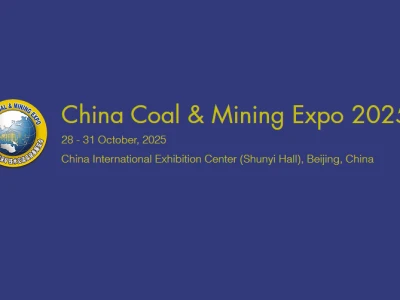Dolomite is a crucial mineral with diverse applications in industries such as construction, agriculture, and glass manufacturing. Given the varying quality of dolomite and the large number of suppliers in B2B marketplaces, sourcing high-quality dolomite can be challenging. This guide will help you navigate the Dolomite purchasing process, understand key quality criteria, identify reputable suppliers, and learn how to evaluate Dolomite in a B2B setting.
Why Dolomite Quality Matters
The quality of dolomite is essential due to its impact on performance and final costs in industrial and agricultural applications. High-purity dolomite can improve efficiency in industrial processes and reduce waste. Additionally, ensuring suitable quality gives buyers confidence that their end products will meet the required standards.
Key Quality Criteria for Evaluating Dolomite
Chemical Purity: The percentage of magnesium and calcium carbonate in dolomite is indicative of its purity and quality. High purity is critical for applications such as glass manufacturing.
Grain Size and Consistency: Depending on industrial needs, grain size can influence the application and final quality of the product.

Physical and Chemical Properties: Attributes like density, hardness, and the percentage of impurities should align with the consumer's requirements.
Color and Texture: Color and texture may have varying importance based on application. For example, certain colors can affect the final quality in glass production.
Identifying Reliable Dolomite Suppliers in the B2B Marketplace
Verified Suppliers: Reputable B2B platforms like b2bmineral.com vet and verify their suppliers, helping buyers ensure product quality.
Reviewing Customer Feedback: Reading past customer reviews and ratings can help identify high-quality suppliers.
Supplier’s Geographic Location: The quality of dolomite can vary significantly depending on the extraction location. Certain regions may offer higher-purity dolomite.
Requesting and Evaluating Samples
One of the best ways to ensure dolomite quality is to request small samples before making a large purchase. The following steps are recommended for evaluating samples:
Lab Testing for Purity: Testing samples in a certified laboratory can verify chemical purity and other essential properties.

Physical and Visual Assessment: Assess physical characteristics such as grain size and consistency and examine the color and texture of the samples.
Consistency Testing: Ensure that product quality remains consistent across different batches for long-term projects.
Price Negotiations and Contracts
For a successful and cost-effective purchase in the B2B marketplace, consider the following negotiation tips:
Review Market Pricing Trends: Dolomite prices may vary depending on quality, order volume, and the supplier’s geographic location.
Consider Long-Term Contracts: Opting for long-term contracts or bulk discounts can help reduce costs.
Quality Assurance and Delivery Terms: Make sure your contract includes clauses for quality assurance and on-time delivery.
Conclusion
Sourcing high-quality dolomite in the B2B marketplace requires careful attention and quality evaluation standards. Buyers should rely on reputable, verified suppliers and conduct necessary tests to ensure the desired product quality.
For a reliable and efficient purchasing experience, you can explore verified suppliers on b2bmineral.com. This platform provides access to trusted sellers, allowing you to buy with confidence and ensure that the purchased product meets your requirements.










.j_s_thumb.webp)

